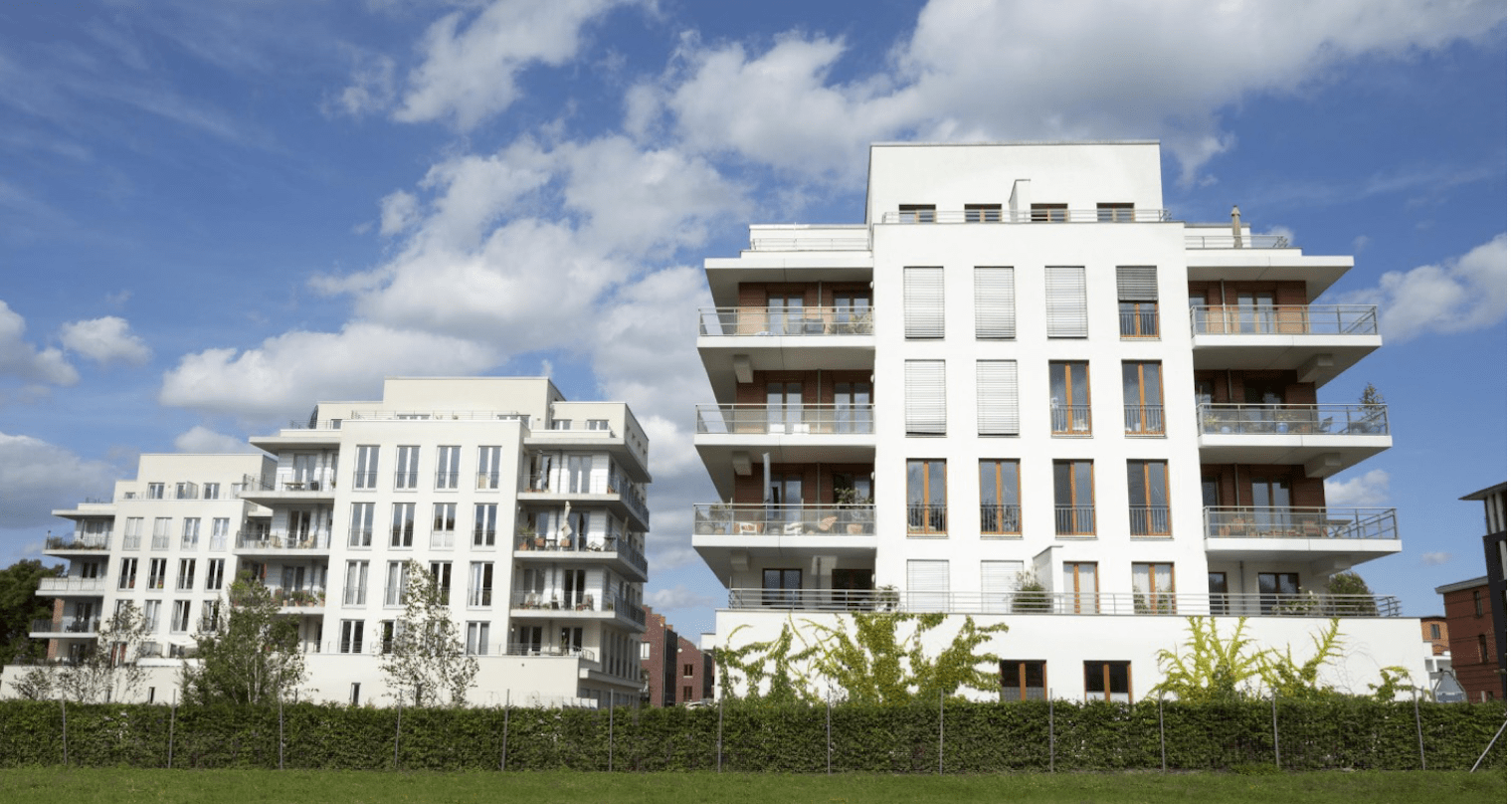Another essential aspect is that apartment buildings are usually financed with mortgages up to a maximum of 75 percent. In principle, this is a way of protecting against the consequences of inflation, because during periods of inflation, mortgage debt is effectively the counterpart to your account balance – like your account balance, the debt loses value. If, for example, the owner of the property has taken out a long-term mortgage at 1.5 percent, the calculation would look as follows: with inflation at 2 percent, the mortgage-holder gains half a percent every year. If the annual inflation rate rises to 3 percent, net assets increase by 1.5 percent. The mortgage is, as it were, “adjusted for inflation.” In other words, in times of inflation, falling debt means higher wealth in real terms.
However, this is only true if real estate values keep pace with inflation. Over the last few years, real estate prices have risen sharply in many places. But this is not a basis for a reliable forecast for the near future. If inflation continues to trend upwards, further interest rate increases can also be expected. Market interest rates for long-term fixed-rate mortgages have already risen significantly. And there are many indications that central banks in the US and the euro area will continue to raise key interest rates.
Following a small delay the Swiss National Bank SNB will also adjust its key interest rates. As Katharina Hofer of UBS explains: “Rising interest rates have an inverse effect on the value of real estate.” This undoubtedly applies to apartment buildings, but also to single-family homes. When evaluating the price of real estate, the discount rate plays a central role according to the earned value method or discounted cash flow (DCF) – the interest rate is an important means of adjustment in the valuation. Rising interest rates can have a considerable leveraging effect here. In purely mathematical terms, real estate values could fall by 20 to 30 percent if interest rates rise sharply.
